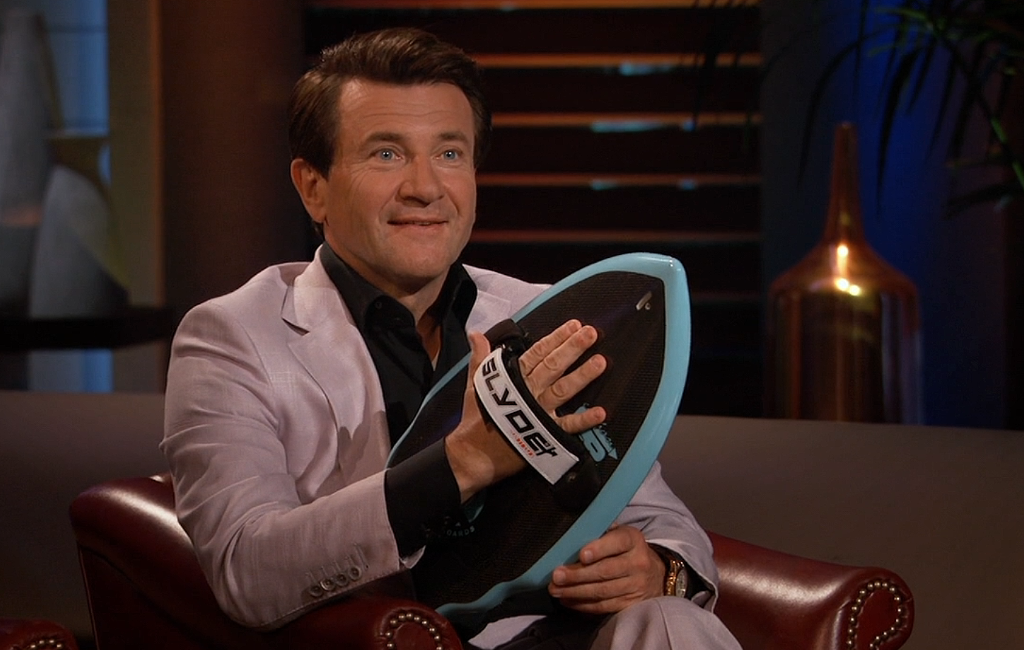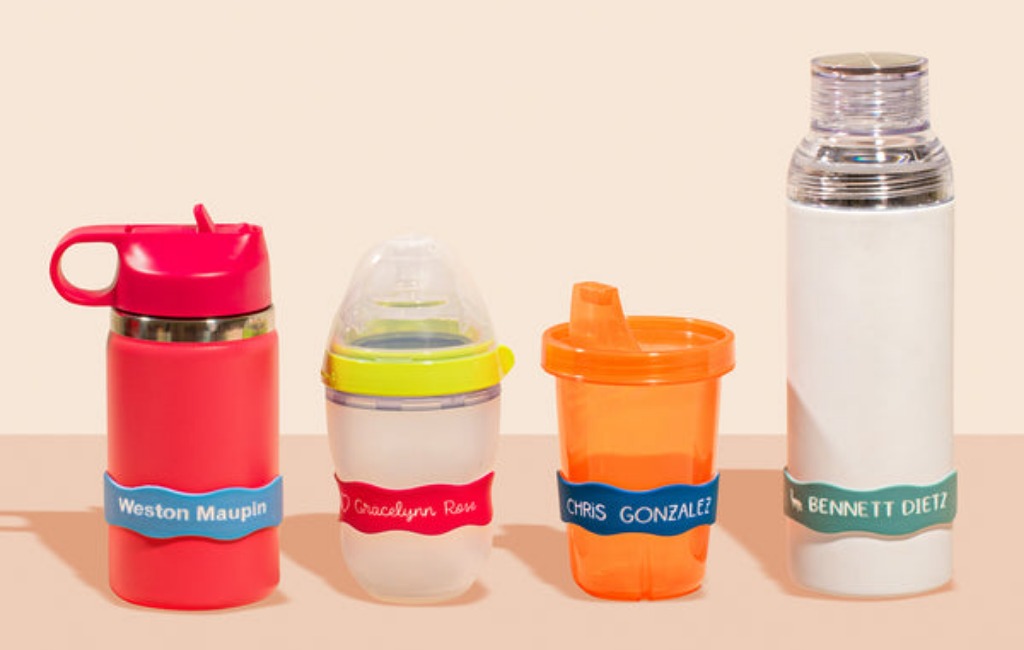Slyde Handboards
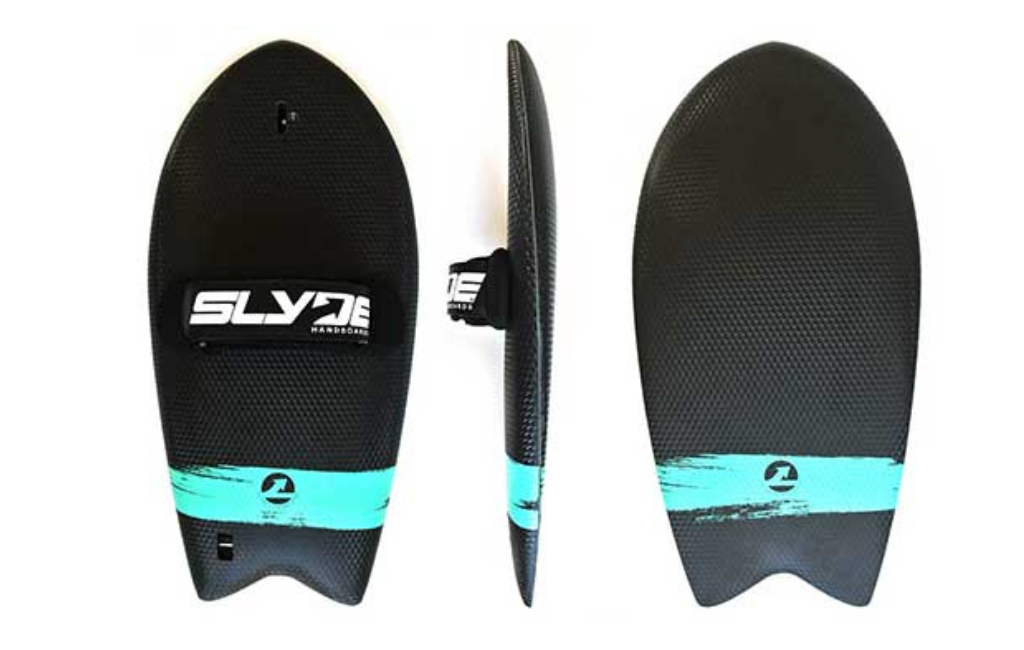

DEAL
EPISODE SUMMARY
🕓 Air Date: April 15, 2016
Asking For:
$200,000 for 15%
Investor:
Mark Cuban, Ashton Kutcher (50/50)
Deal:
$200,000 for 22%
PRODUCT SUMMARY
Slyde Handboards are wave-riding boards that fit in the palm of your hand, providing the thrill of surfing without the hassle.
WATCH HERE
IN A RUSH?
Click these to jump to the section you want to read.
Background Story
Steve Watts and Angela Ferendo, the founders of Slyde Handboards, are based in Monarch Beach, California. Steve, who grew up in South Africa with a strong surfing culture, used to ride waves with improvised items like broken surfboards and fast-food trays. The idea of Slyde was born from this childhood experience and the realization that many people aspire to surf but face barriers like time, ability, and funds.
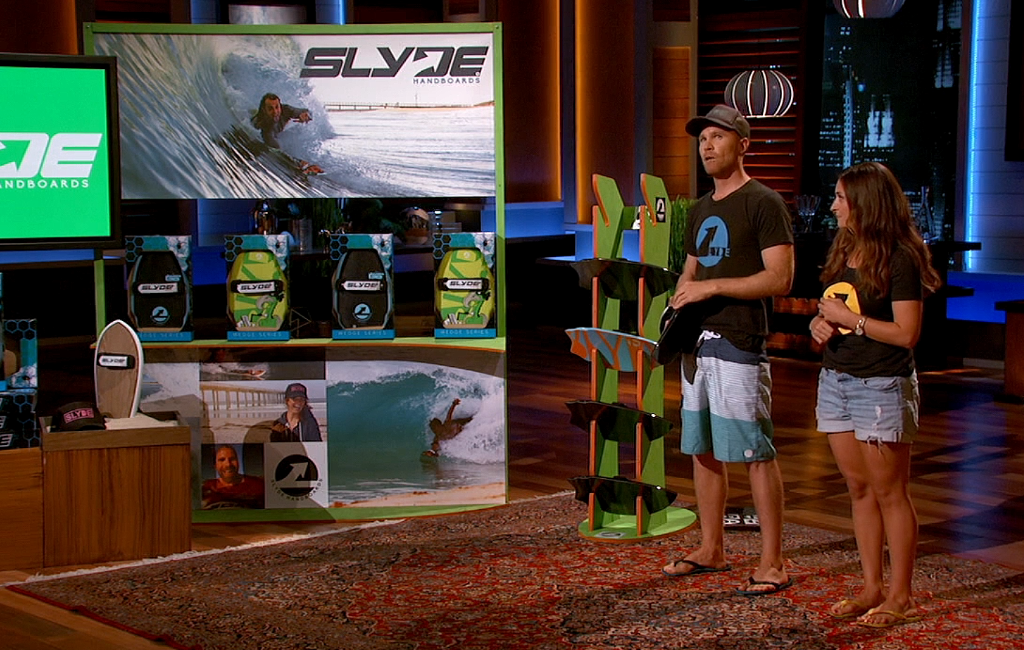
Facing financial challenges, the couple took a significant risk by investing all their wedding money into the business. This decision reflected their unwavering belief in Slyde’s potential. Their pitch on “Shark Tank” emphasized the make-or-break situation they were in, as the success of Slyde was crucial not just for their business but for their personal lives, including their wedding plans.
The Product
Slyde Handboards are compact wave-riding boards designed to provide the thrill of surfing in a convenient and accessible manner. The boards are small enough to fit in the palm of your hand, offering a minimalist and portable approach to catching waves.
The product includes a strap for added control, allowing users to harness the power of approaching waves. The boards come in various designs, with specific mentions for the Sharks, such as a carbon-fiber blue board for Lori and a carbon-fiber blackboard for Mr. Wonderful (Kevin O’Leary).
Pricing ranges from $169 for the average board to $199 for the carbon-fiber version. The founders emphasized the control and extra maneuverability Slyde provides compared to traditional bodysurfing.
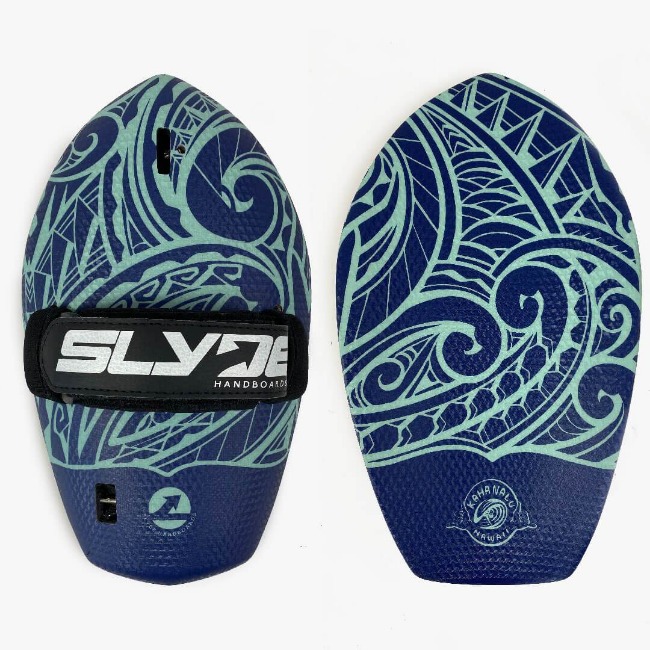
How It Went
The company’s position before Shark Tank
Slyde Handboards had sold their first board in 2011, accumulating $356,000 in sales since then. However, the revenue figures presented on the show raised concerns. In the previous year, they generated $159,000 in sales, and year-to-date figures were approximately $60,000, projecting a year-end total of $295,000. The founders explained their distribution strategy, primarily focusing on specialty surf stores and recently reaching out to major retailers like Target.

They acknowledged the need for education and merchandising to support sales, especially since their product was unique and required consumer understanding. Despite small numbers, the Sharks admired the founders’ dedication, including their commitment of wedding funds to the business. However, the Sharks expressed concerns about the scalability and market potential of Slyde Handboards.
The Negotiations:
The negotiation process involved multiple Sharks bowing out due to various reasons, including concerns about the niche market and the founders’ limited revenue figures. Lori Greiner, known for her expertise in consumer products, opted out early. Kevin O’Leary appreciated the founders’ commitment but decided not to invest, stating that the product’s numbers were small and the distribution journey was challenging. Mark Cuban and Ashton Kutcher expressed interest, offering $200,000 for 25% of the company. The founders countered, expressing reluctance to go above 20%.

The negotiation continued with Mark Cuban proposing $200,000 for 15% and an additional offer – officiating their wedding right there in the Shark Tank. This humorous twist added a unique element to the negotiation. While the founders initially resisted, they eventually agreed to a deal with Mark Cuban and Ashton Kutcher at $200,000 for 22%. This negotiation not only secured the investment needed but also brought onboard strategic partners with experience in distribution and online marketing. The negotiation showcased the founders’ commitment and the Sharks’ willingness to support a unique and innovative product despite initial concerns about its market size and scalability.
